There are so many different skin care products out there, and this can make it quite confusing when it comes to figuring out which ones you actually need to be using.
From toners and serums to eye creams and moisturizers, these are the skin care products that you really do need, as well as a few that you could leave out.
Skin Care Products You Really Need
1) Cleanser
A cleanser is one of the most essential skin care products out there, and is something that you should be using on a daily basis, or even twice a day if you have oily skin.
Why is a cleanser so important?
Because a cleanser will remove all of the dirt, oil, dead skin cells and bacteria that settle on your skin over the course of the day. If you leave these to remain on your skin, they will build up and settle in your pores, causing everything from dullness to premature aging.
Clearing these away also leaves your skin open to soaking up other ingredients. If you do not cleanse, then any skin care products you apply will be blocked from properly penetrating into your skin’s layers, and will not be able to work to their full potential.
There are quite a few different cleanser types out there, from creams to foams, so you are probably wondering how to choose between them…
The answer lies with your skin type.
For example, those who have dry or mature skin will need a nourishing cleanser that does not strip away the skin’s natural oils, making cream cleansers ideal. However, those who have oily skin will want all of these excess oils to be removed, making a foam cleanser a great choice.
2) Moisturizer
No matter what your skin type is, a moisturizer is another one of those products that you should be using on a daily basis.
Think you don’t really need a moisturizer?
Your skin needs a certain amount of moisture in order to thrive. Not only does a moisturizer provide it with some of this, but it also forms a protective layer over the surface of your skin, preventing the moisture that is already in there from evaporating.
When it comes to choosing a moisturizer…
Just like with cleansers, this depends on your skin type.
Here are a few guidelines to help you to pick the best product for your skin:
- Dry Skin – choose a moisturizer that is rich in essential oils, with a thick consistency
- Oily Skin – an oil-free formula is essential
- Combination Skin – ideally, you should be using two different moisturizers – one for oily skin on your oily areas and a thicker cream on dry areas
- Sensitive Skin – you will need something mild and gentle, and preferably paraben-free, fragrance-free and hypoallergenic
- Normal Skin – those with normal skin are fortunate enough to be able to use a variety of different moisturizers
You might be thinking…
What about day and night moisturizers? Do I really need one of each?
The answer is maybe…
Many day and night moisturizers are formulated with the same ingredients, although there can sometimes be a few differences.
If you want a two-in-one product when it comes to your moisturizer and your sunscreen, you can purchase a moisturizer that contains SPF. However, it would be a waste to use this at night, so you would be better off opting for a dedicated night cream.
If you want to make use of a moisturizer that contains retinol, then, again, it would be better to invest in a night cream.
Why?
Because retinol can sometimes make the skin more sensitive to the sun, which is why it is best used at night, when there is no chance of sun exposure.
3) Sun Protection
You are likely already aware of how dangerous the sun can be when it comes to your skin, leading to everything from dark spots and early wrinkles to skin cancer.
This makes sun protection absolutely vital, even on cloudy days and even in the winter.
When it comes to the different sunscreens out there…
A broad spectrum sunscreen is what you need.
This means that the formula will protect you from both UVA and UVB rays.
Wondering which SPF to go for?
This can be confusing for many, as misleading marketing can often make it seem as though the higher the SPF, the better the product is.
This is true to an extent, but there is no sunscreen out there that can block 100% of the sun’s UV rays.
With this in mind, here are a few guidelines for the amount of protection you can expect to receive with different SPF values:
- SPF 15 – blocks out 93% of UVB rays
- SPF 30 – blocks out 97% of UVB rays
- SPF 50 – blocks out 98% of UVB rays
You’re probably thinking…
But what about UVA rays?
The amount of protection that a sunscreen would provide against UVA rays is measured through a star rating. Look for something with at least four stars, as this provides a high level of UVA protection.
One more thing to keep in mind…
The type of sunscreen that you go for can sometimes make quite a difference to your skin.
There are two main types out there; physical and chemical. Physical sunscreens are formulated with ingredients such as zinc oxide and titanium oxide, and these minerals deflect the sun’s UV rays away from the surface of your skin. On the other hand, chemical sunscreens contain certain chemicals that absorb UV rays and carry out a chemical reaction to render them harmless.
So, which one do you go for?
They both have their pros and cons, making it worth trying each and seeing which one you personally prefer.
4) Exfoliants
Many people think that if they are cleansing their skin on a daily basis, then they do not need to exfoliate, but this is a big myth.
Exfoliation is key when it comes to a healthy complexion.
Why?
Because every second of every day, skin cells die, but remain on the surface of your skin.
Although your body does shed these naturally, the rate at which it does this slows down with age, beginning in your 20s, which is why it is important to give your skin a helping hand with this process.
Exfoliation also removes any debris from within your pores, doing this at a deeper level than a cleanser would.
So, how should you be exfoliating?
There are so many different methods, and the best way to choose one is by keeping your skin type in mind:
- Oily Skin – use a chemical exfoliator, preferably one containing either lactic acid, salicylic acid or glycolic acid, three times a week
- Dry Skin – a mild chemical exfoliant, or a gentle facial scrub, would work well, and should be used once or twice a week
- Sensitive Skin – enzymatic exfoliants make use of ingredients derived from plants, meaning that they should be gentle enough for your skin once or twice a week
If you have only recently started exfoliating, it will not be long until you begin to see improvements. This can make it extremely tempting to increase the frequency at which you exfoliate. However, this is something that you should definitely not do.
Why?
Because over-exfoliating can lead to so many different problems, from acne to dryness.
Skin Care Products You Can Leave Out
1) Toner
Let’s beginning by briefly going over what a toner actually is…
It does look a bit like water, but is packed with everything from antioxidants to acids to anti-inflammatory ingredients. They are designed to quickly penetrate into the skin, providing it with a dose of hydration while also removing dead skin cells and rebalancing the skin’s pH level.
While toners used to contain quite a bit of alcohol, meaning that they ended up being extremely drying on the skin, newer formulas do not have this effect, and there are even alcohol-free versions available.
A toner is usually used immediately after cleansing, and, just like with every other skin care product out there, there are so many different toners available.
But are they really necessary?
The answer is no. While there is no denying that they do bring your skin quite a few extra benefits, your skin will also not be lacking if you do not add a toner into your skin care routine.
2) Serum
Serums are actually fantastic products, and bring many different benefits to your skin. Since they are so lightweight, they are absorbed easily and quickly by your skin, and do not take long at all to apply.
However, they are not an essential product in the same way that moisturizers and sunscreens are.
While this may be the case, those who are trying to tackle specific skin care issues may still want to consider incorporating a serum into their skin care routine.
Why?
Because serums can help with just about everything, including:
- Dry and dehydrated skin
- Acne
- Wrinkles
- A dull complexion
- Skin texture
- Redness and inflammation
To make it even better, you can use more than one serum at a time, simply applying one after the other, meaning that you can fight a few different issues at once.
Decided you want to give serums a try?
Begin by deciding which skin concerns you want to work on, picking two or three as your priorities.
Then, look for a serum that contains ingredients that will cater to these concerns. While you can use multiple serums, try to limit this to no more than three, as you do not want to dilute the active ingredients in each one too much.
3) Eye Cream
The skin around the eyes is much thinner and more sensitive than the skin on the rest of your face, and also contains fewer oil glands.
This is why it is beneficial to use an eye cream, rather than a regular moisturizer, because an eye cream will be designed to cater to the specific needs that your skin in this area has.
So what does an eye cream actually do?
It can help with everything from fine lines and deeper wrinkles to dark circles and puffiness. It will also be quite a lightweight consistency, but still incredibly hydrating and nourishing.
Why do eye creams need to be lightweight?
Because, as mentioned above, the skin around the eyes is extremely thin, meaning that it does not take much for ingredients to penetrate into its layers. If you use a product that is too rich and thick, you will only end up clogging up the delicate pores here.
However, if you already use a lightweight lotion on your face, and do not experience any adverse reactions when using this around your eyes, then a separate eye cream may not be necessary. Just make sure to check that the actual product is safe to be used around the eyes too.
4) Facial Oil
Facial oils are designed to be applied at the end of your skin care routine, as oils form a strong seal over the surface of your skin, and do not allow any water-based products to penetrate through this.
As you can imagine, this makes them fantastic for those who have dry, dehydrated or sensitive skin.
What many do not realize is that they are also great for oily skin too.
Does it sound crazy that facial oils can help to improve oily skin?
It all depends on the oils you choose…
Tea tree oil is a powerful ingredient when it comes to fighting acne, while geranium oil and argan oil help to control your skin’s oil production, preventing it from over-producing oil.
When it comes down to it, everybody’s skin is unique, meaning that everybody’s skin has different individual needs. While you may not need products such as a toner or a serum, these can still benefit your skin in so many ways, especially if you are looking to tackle certain skin concerns.

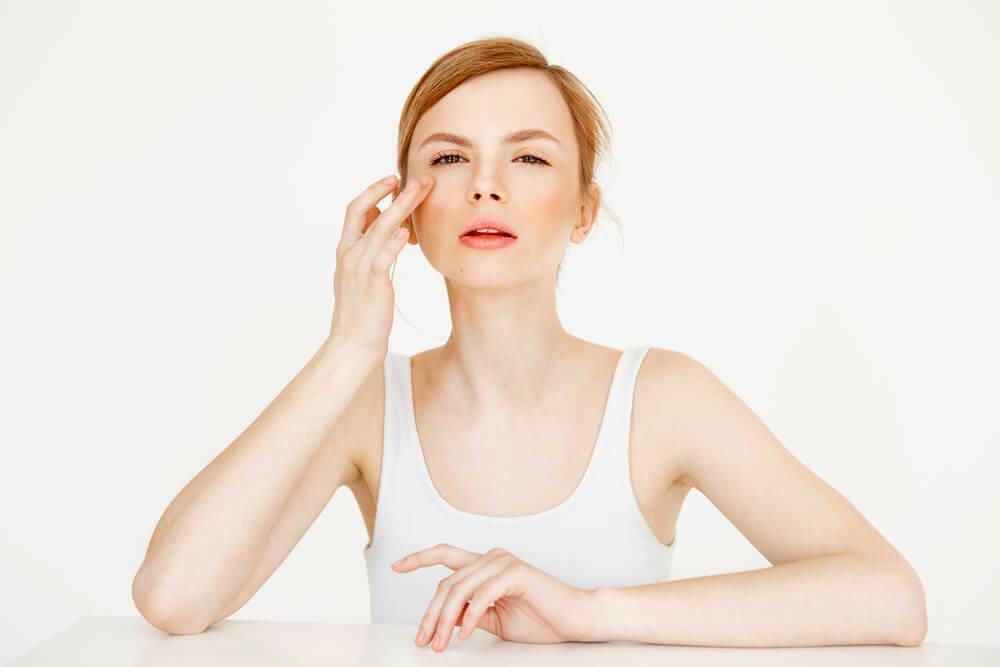
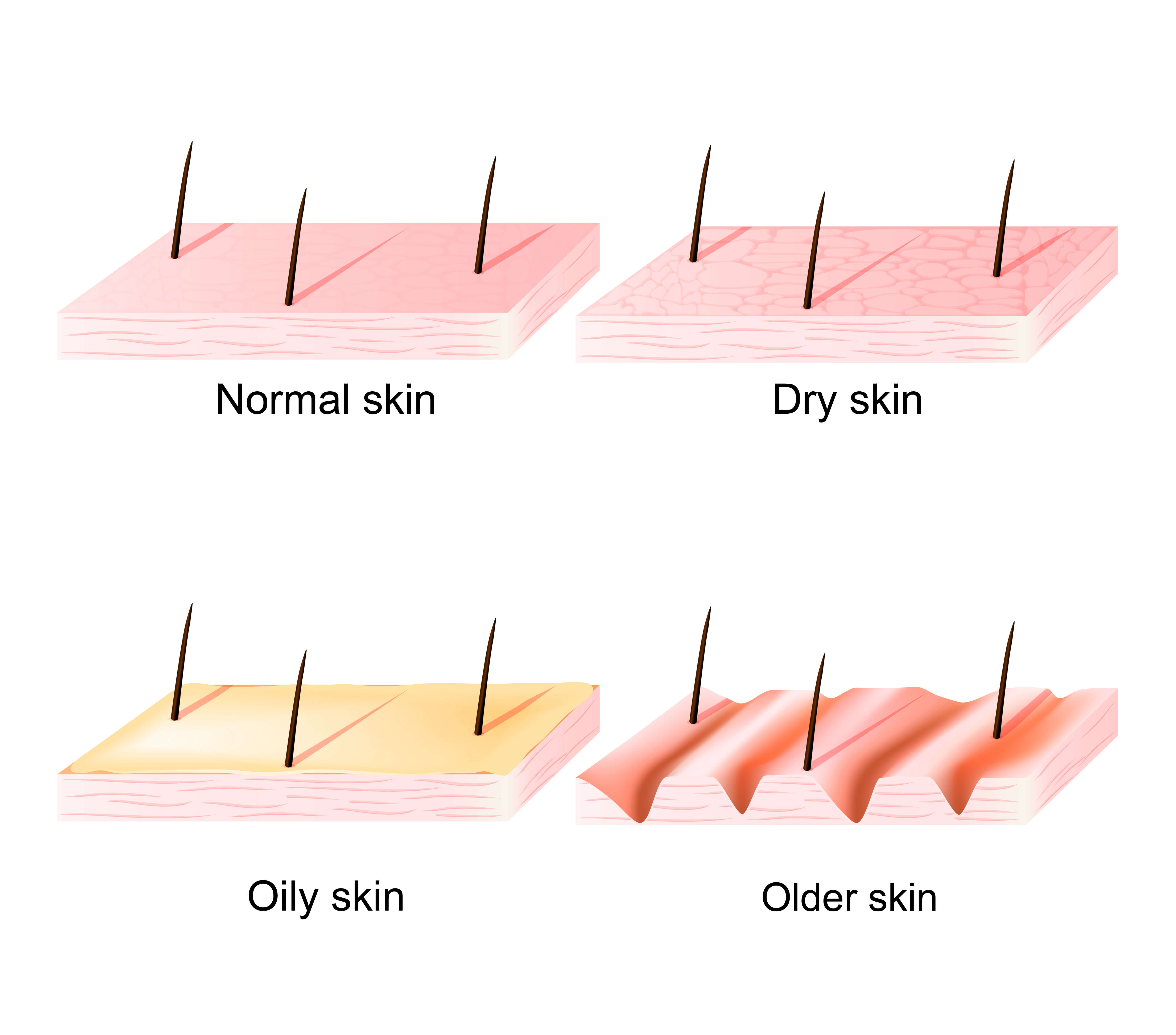
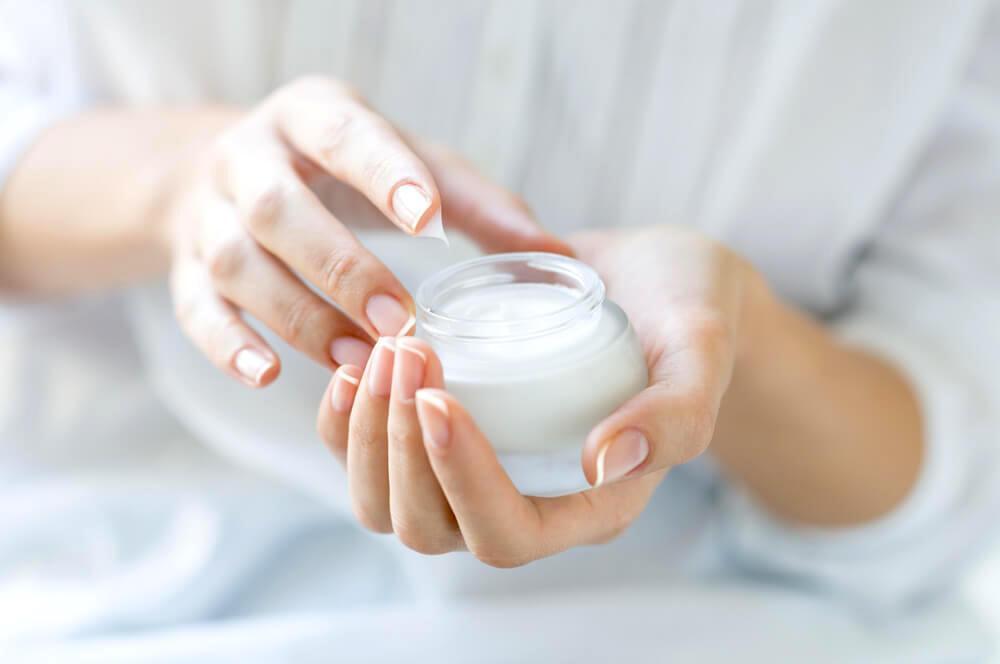
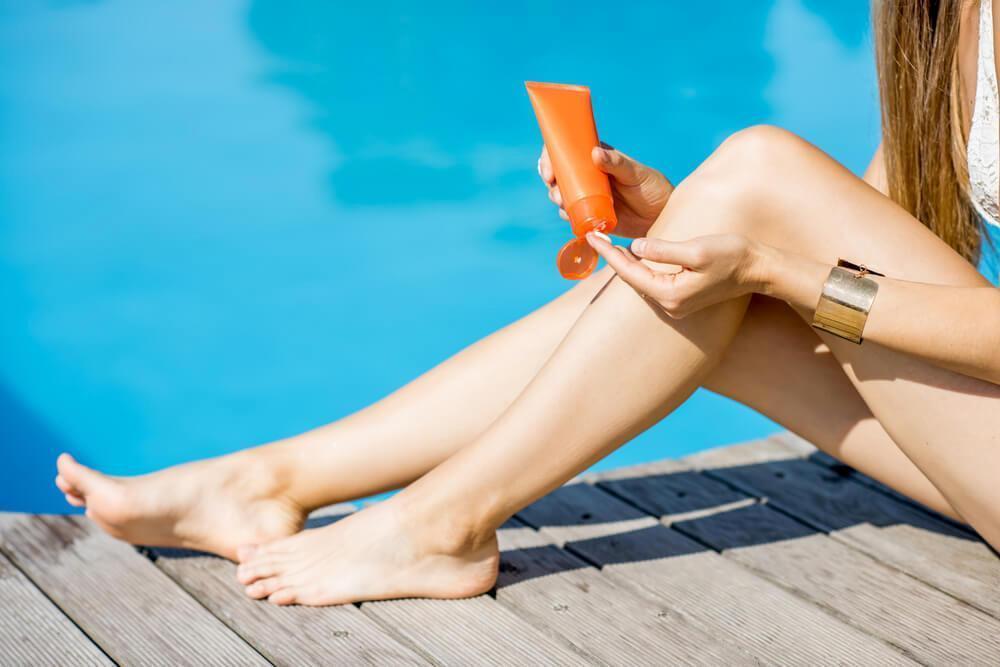
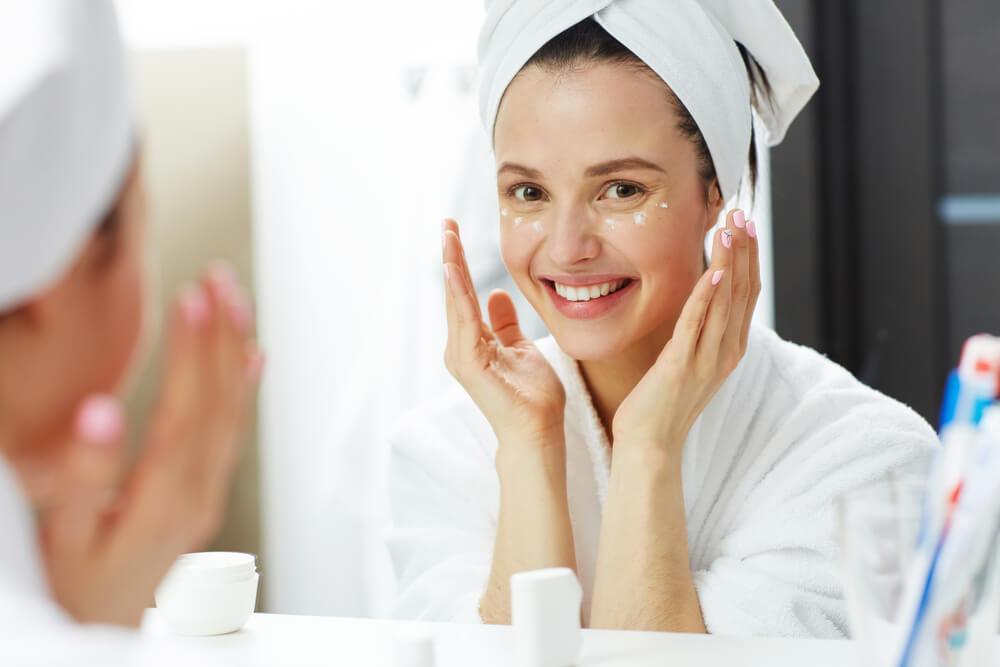


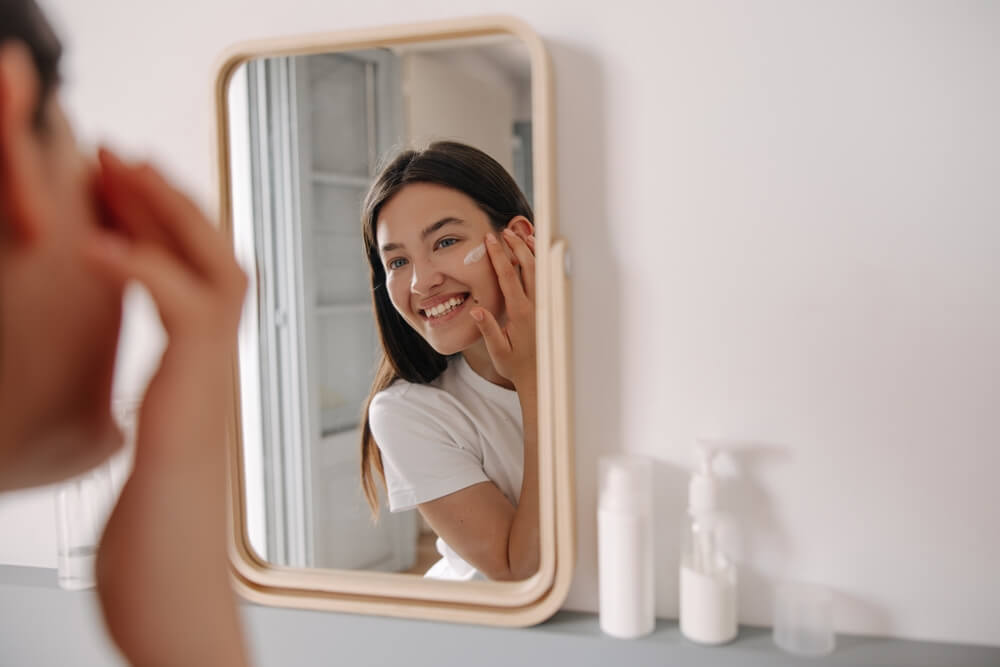

Great post. Even though I’ve been following a strict skincare routine for years it still helps to read this because of all the overwhelming options out there today.